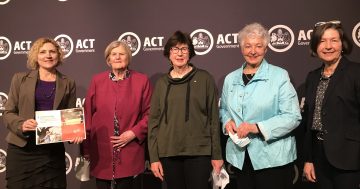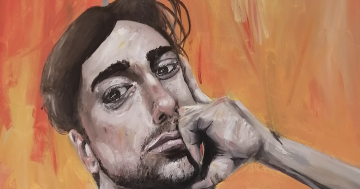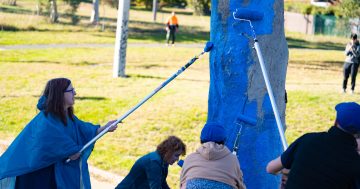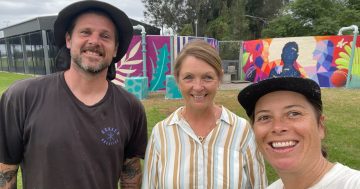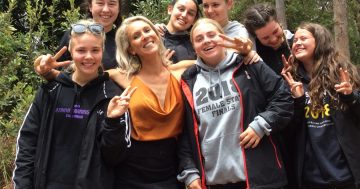
The Office for Mental Health and Wellbeing is investing in programs to target mental health issues in young people. Photo: File.
Today, eight people across Australia will take their own life and 240 will attempt to. This week, one family in the ACT will lose someone to suicide.
Of those who take their own life, one-third are under the age of 25, and 60 per cent are under 35. It’s predicted that suicides will rise by 40 per cent in the next decade without better prevention strategies.
The ACT Coordinator-General of the Office for Mental Health and Wellbeing, Dr Elizabeth Moore, says suicide is a very complex issue and the government needs multiple strategies to tackle the epidemic.
“In the ACT we have more young people with anxiety and depression than the rest of Australia,” Dr Moore told Region Media.
“The reason that I came to the Office of Mental Health and Wellbeing is that it seemed to me that it needed a whole-of-government approach to mental health and to increase our wellbeing.
“The ACT Government has invested in a program called LifeSpan that has nine specific strategies to combat suicide. All of these strategies are evidence-based and that is really important.”
The $1.5 million LifeSpan trial program commenced in 2016. It’s an integrated suicide prevention program run by the Black Dog Institute. LifeSpan says the integrated systems approach is expected to reduce suicides by 21 per cent and suicide attempts by 30 per cent.
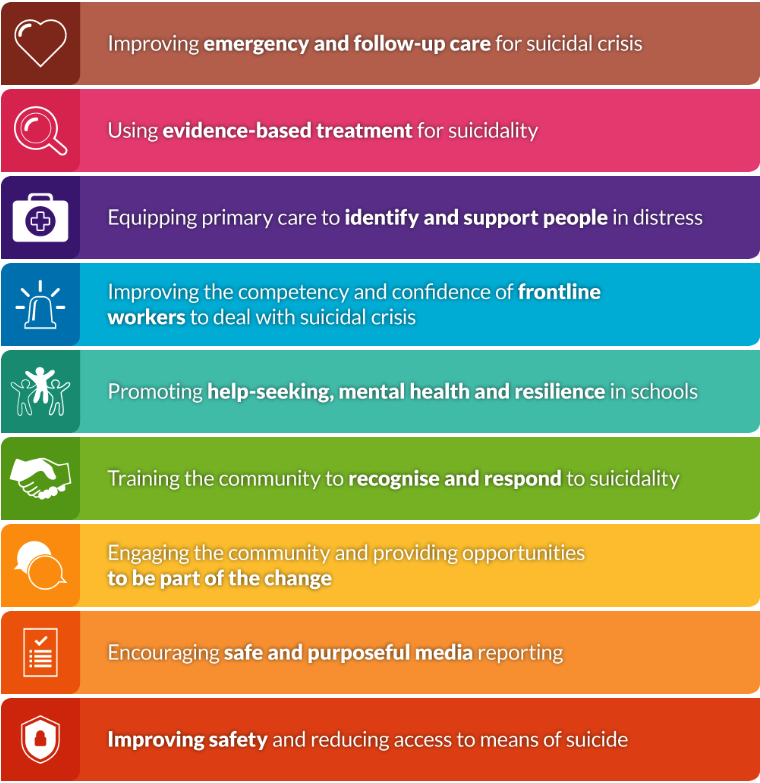
LifeSpan has nine evidence-based, strategic targets to help reduce suicides. Image: The Black Dog Institute.
The ACT Government will also be directing more resources to mental health programs in schools for young people, employing holistic approaches to tackle the problem at its root and establish pathways to help before mental health issues are given the chance to worsen.
The Youth Aware of Mental Health, or YAM, program will be implemented in 2020 to promote resilience and help-seeking among young people. The program will be rolled out to Year 9 students in the ACT and address suicidal behaviour. Targeting this age group is essential as research shows that 70 per cent of mental illness and suicidal tendencies develop between the ages of 12 and 25.
“YAM has had very good results in Europe in decreasing the number of suicide attempts in young people,” Dr Moore said.
“It is targeted at 14 to 16-year-olds, but we also have just done a children’s and young person’s review, which has been so enlightening.
“There are so many young people out there who will actually tell you what they want and the results of that review are going to the Minister at the end of December.
“I came into the post about a year ago and the first thing we did was a work plan, and part of that plan was to prioritise areas, and the first area we decided to look at was children and young people.”
Dr Moore has been in psychiatry for 35 years and took up the role in November 2018, having previously worked in public and private health settings across five states and territories in Australia. Now that she has settled in Canberra, Dr Moore told Region Media that a comprehensive mental health service is needed to help manage people in the community and avoid the need for a trip to the hospital.
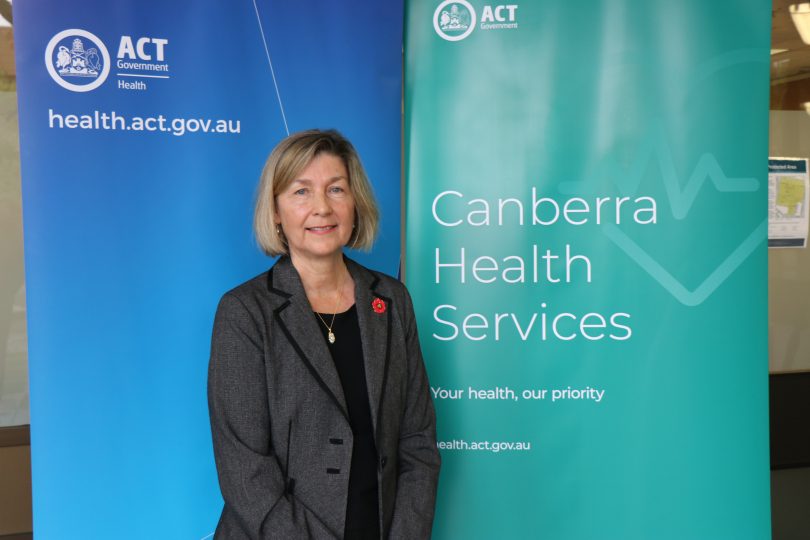
The ACT Coordinator-General of the Office for Mental Health and Wellbeing, Dr Elizabeth Moore, says suicide is a very complex issue and the government needs multiple strategies to tackle the epidemic. Photo: File.
“People want to know what they can do themselves before it gets to the emergency situation,” she said.
“What we are trying to do is shift the bell curve to the left, get people to be aware of the early symptoms and what they can do themselves to prevent it from getting worse.”
A key component of the ACT’s approach is known as QPR, which stands for Question, Persuade, Refer. QPR training is free in the ACT.
“Question, Persuade, Refer is an online module that takes around an hour and is about how to talk to somebody if you might be worried that they are not travelling so well.
“It gives them more confidence in people able to talk to somebody so that they know they are not alone.”
The trick is to make sure that the whole system works together, she said.
“A lot of people can be managed in the community, and the Mental Health, Justice Health, Alcohol and Drug Service has just changed its model of care so they are able to see people earlier and see them in the community so they don’t need to go to hospital.
“We work very closely with the non-government services because we need to provide support to people in the community.
“What I have not seen so much in other cities is the support for people with severe mental illness to maintain housing in the community, I think that is very encouraging.”
While adolescent and youth mental health will be at the forefront of the agenda in the new year, the department will start to put more of a focus on mental health in older people.
“We do have an ageing demographic here in the ACT, and we can do more in that space to improve people’s mental health.”
If you or anyone you know is struggling and needs help, contact Lifeline on 13 11 14 at any time or visit www.lifeline.org.au.
If you are concerned about someone’s immediate safety or wellbeing, call 000.
To learn more about Lifespan and QPR, visit ACT Health.












